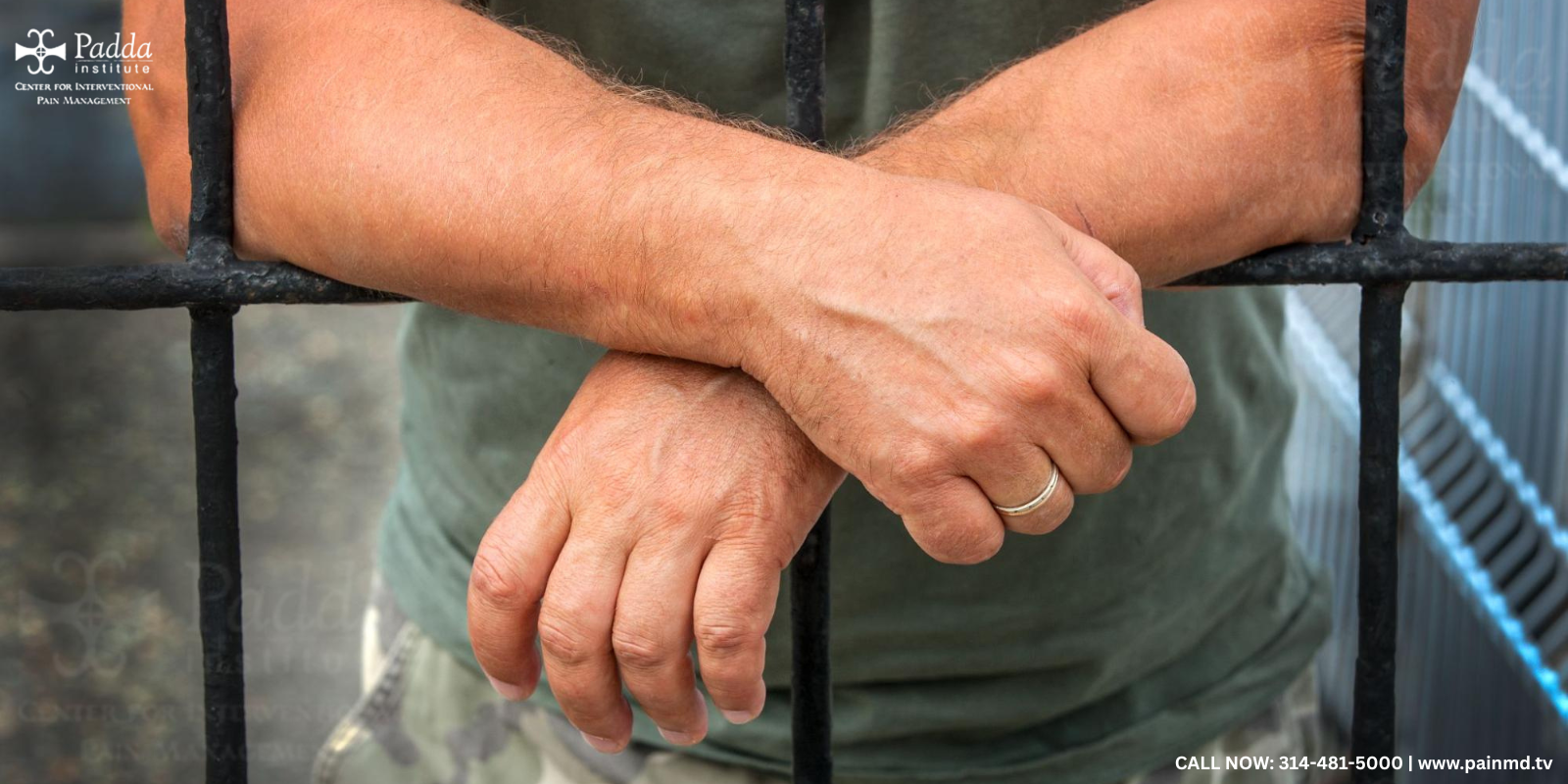The US has the largest number of incarcerated people in the world. A new study shows unusually high cancer rates in the population group. It appears that 30% of incarcerated adults die due to cancer. In addition, they are more likely to develop gastrointestinal cancer than other population groups. Thus, researchers propose that incarcerated adults should have better access to cancer screening for early detection of the condition. Those who have been to prison must also be aware of higher cancer risk.
The US has the largest number of people in prison at any given time, with more than 2 million detainees. It means that there are several million individuals who have spent at least some time in confinement. Not all of them are for serious crimes. However, studies suggest that the risk of certain health conditions is higher in those who have spent some time in prison, including complex regional pain syndrome and chronic pain.
Considering that these numbers are massive, it is vital to understand the risk of various health conditions in this population group. Regretfully, it is also among the most neglected population groups. However, now a new study shows that incarcerated people are significantly at a greater risk of dying due to cancer than people who were never imprisoned. It is worth understanding that cancer is, in fact, the leading cause of death in those who have spent time in prison. Studies suggest that almost 30% of all deaths in incarcerated people occur due to cancer, numbers much higher than the general population.
The problem is that incarcerated people are more likely to die due to cancer, even when they are outside prison. To confirm this fact, researchers analyzed data from the cancer registry. First, they analyzed all cancer cases from 2005 to 2016. They found that cancer prevalence was almost 50% higher in the population group, and they were almost twice more likely to die from invasive cancer than other people1. Generally, people do not consider this population group at greater cancer risk. Instead, people believe that incarcerated individuals are perhaps at a greater risk of infections, substance abuse, and thus metabolic disorders, and other health conditions. However, it appears that even some time in prison considerably increases cancer risk.
There might be many reasons for such an increase in cancer risk and poor survivability. It could be due to high stress, inadequate medical care, dietary issues, etc. Confinement also means less mobility and poor access to certain comforts. Studies also show that cancer pattern also differs in incarcerated people. They are more likely to develop cancer of the gastrointestinal system, followed by lung, prostate, leukemia, and lymphoma.
Some things are pretty easy to understand. In prison, there is no access to high-quality medical care. It means poor treatment of chronic health conditions. It also implies a delay in the diagnosis of cancer and other health conditions. Additionally, incarcerated people may not get proper treatment and palliative care, which may explain much higher cancer mortality in the population group.
The truth is that researchers still do not fully understand why incarcerated people have higher cancer rates. Therefore, researchers say that their study also shows the importance of creating transition centers for incarcerated individuals. This will help reduce certain barriers associated with an early cancer diagnosis. It will also ensure better primary care, food security, and employment. This will also ensure better reintegration into society.
Researchers suggest that cancer screening must be part of primary care for people recently released from detention centers. These findings are especially important for policymakers who need to carry out some significant changes in the prison systems, as cancer is now the leading cause of disease and mortality in the population group.



